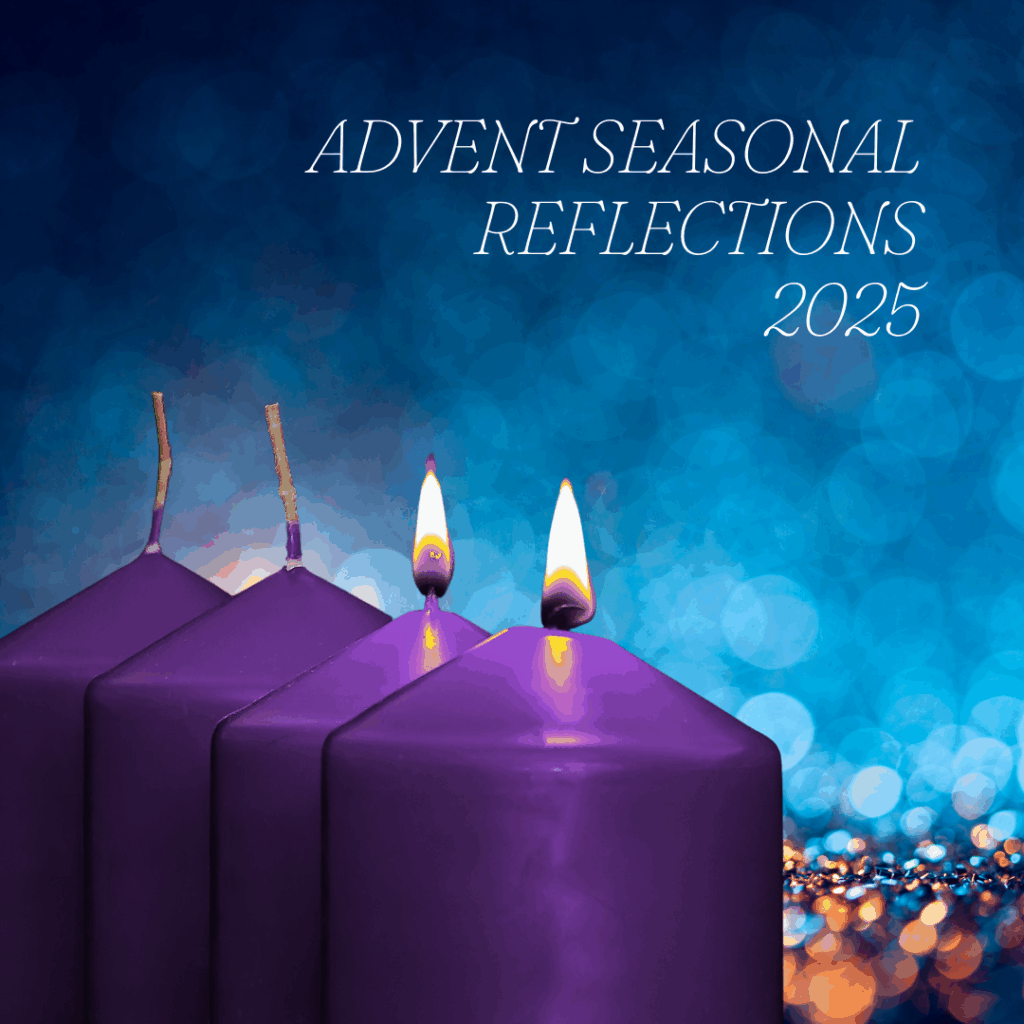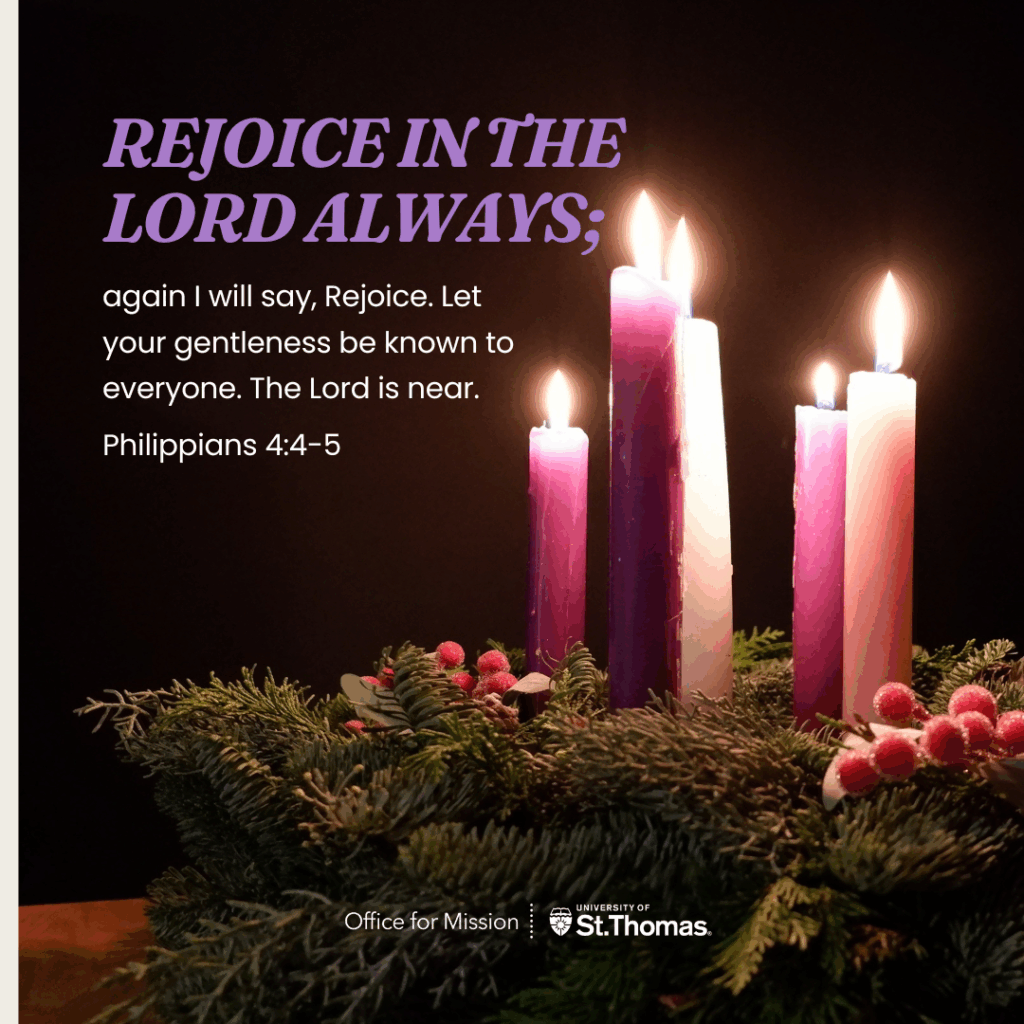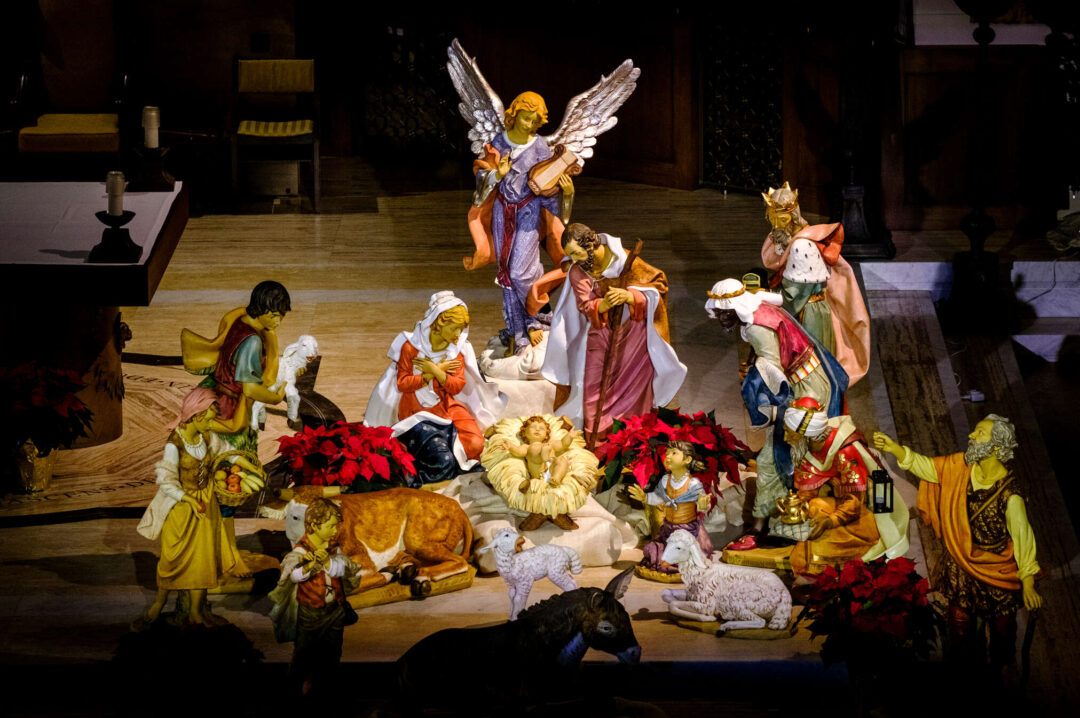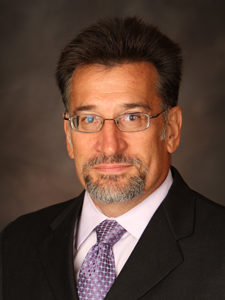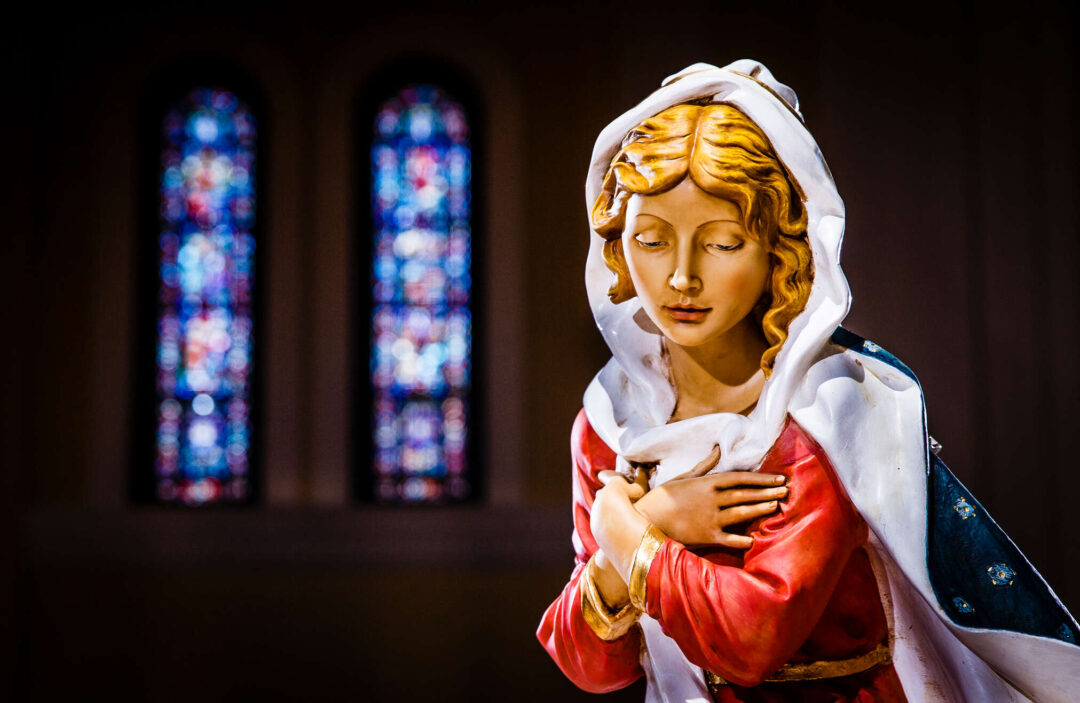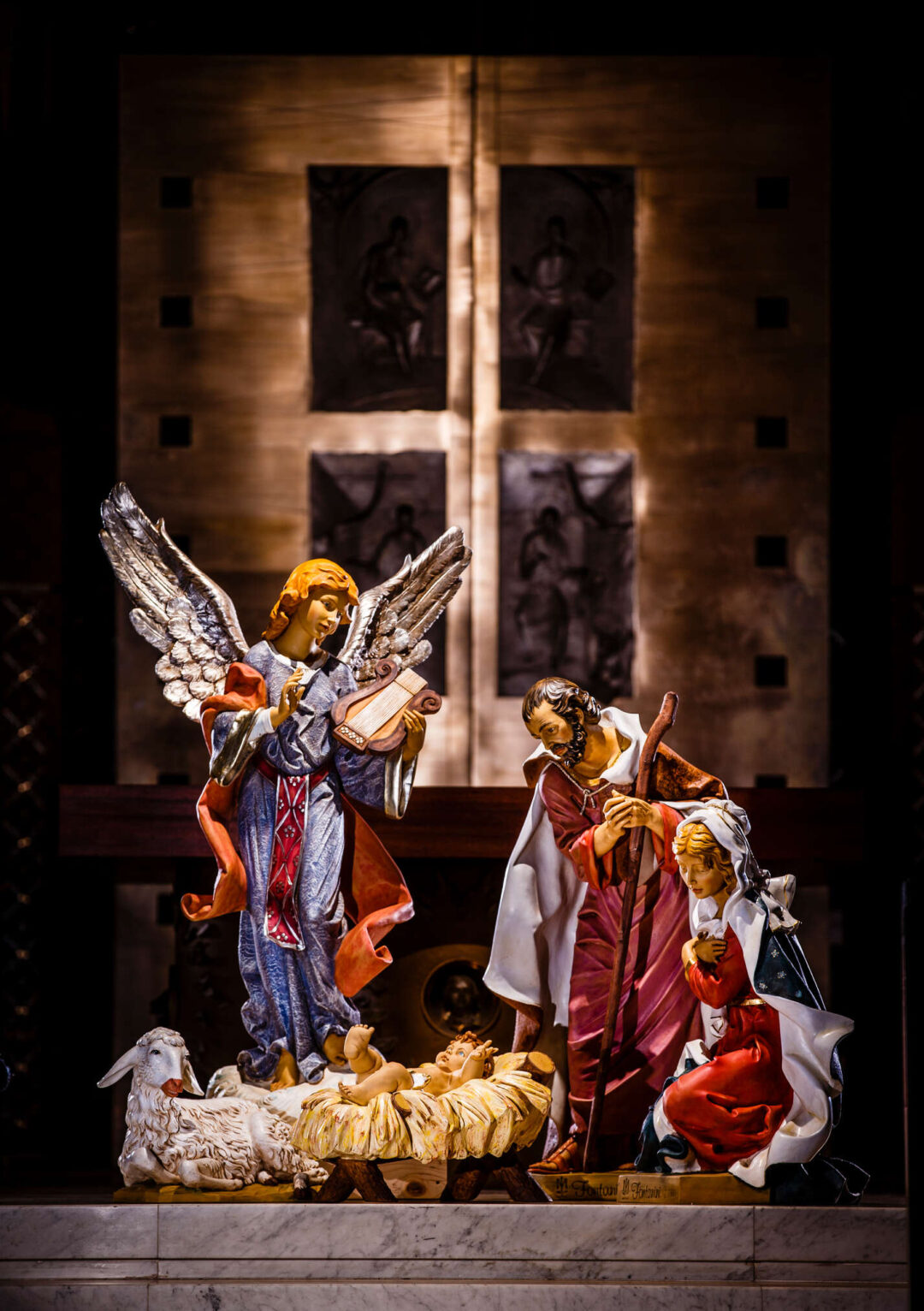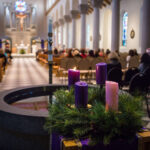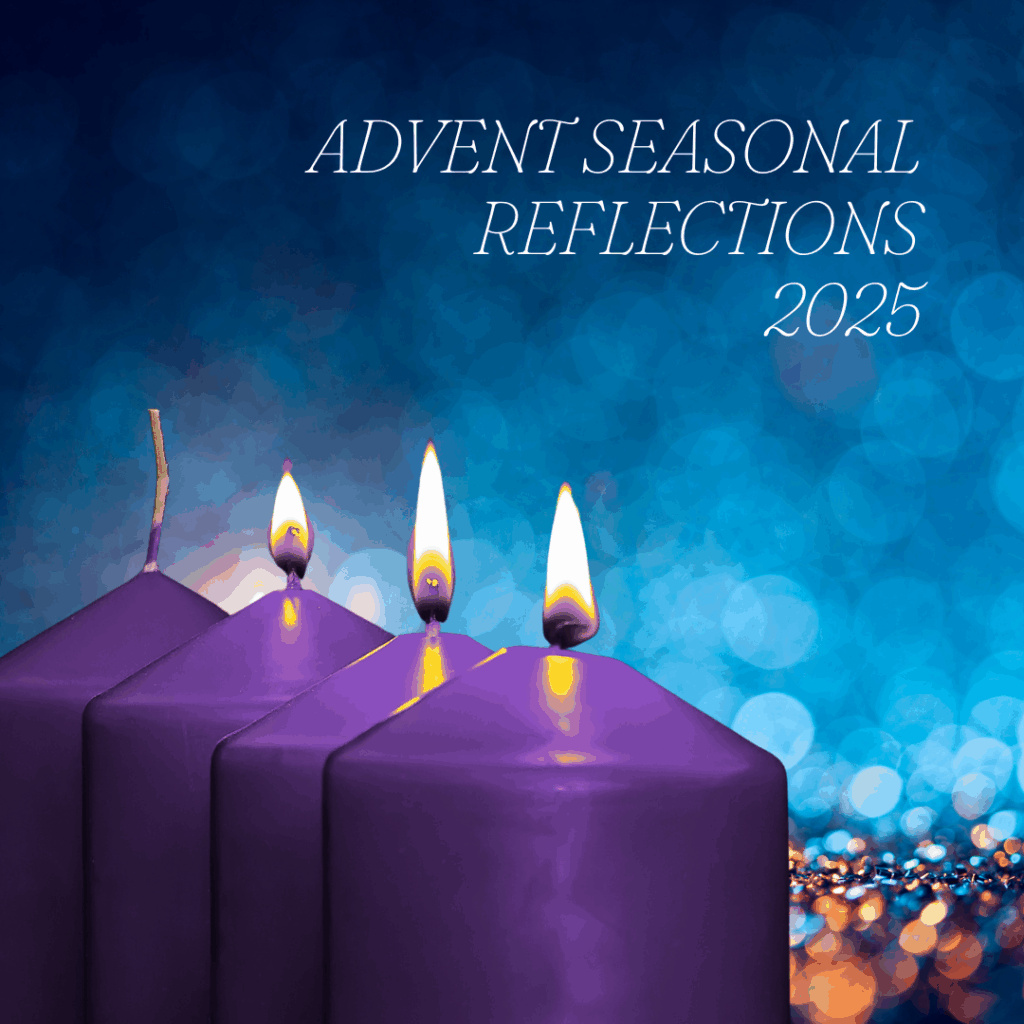
Rejoice!
Gaudete Sunday, the third Sunday of Advent, stands apart as a moment of joyful anticipation, marked not only by the lighting of the rose-colored candle, but also by a distinct shift in tone—one most profoundly expressed through music. While much of Advent is characterized by quiet reflection, Gaudete Sunday offers a glimpse of the joy that awaits. For many—myself included—music becomes the vehicle through which this joy is felt, understood, and shared.
The very name “Gaudete” draws from the ancient introit Gaudete in Domino Semper—“Rejoice in the Lord Always.” Sung for centuries, this chant is grounded in scripture and serves as the musical heart of the day. Its melody is both contemplative and uplifting, inviting listeners to reflect deeply while awakening within them a quiet but unmistakable joy. In its simplicity, it recalls the nearness of Christ’s birth and the hope already taking root in the world.
Throughout the liturgy, music supports and amplifies the spiritual meaning of the day. Hymns for the day weave together themes of longing, hope, and celebration. Unlike the triumphant carols of Christmas, Advent music is often gentle, restrained, and meditative. However, on Gaudete Sunday, the tone subtly brightens. Harmonies lift upward. Tempos are brighter. Even instrumental preludes and psalm settings take on an air of joyful expectancy.
For me, music does more than accompany prayer—it helps to shape it. Music can soften the heart, clear space for wonder, and invites the soul into an experience of hope not merely as a concept, but as something deeply felt. On Gaudete Sunday, music becomes a threshold of sorts, drawing us from longing into joy and from waiting into readiness. Through music, we begin to welcome the Christ Child with hearts already rejoicing, prepared not only to witness His birth, but to receive Him fully—with gratitude, faith, and joy! Rejoice!
Doug Orzolek
Professor
Department of Music, Film, and Creative Enterprise
